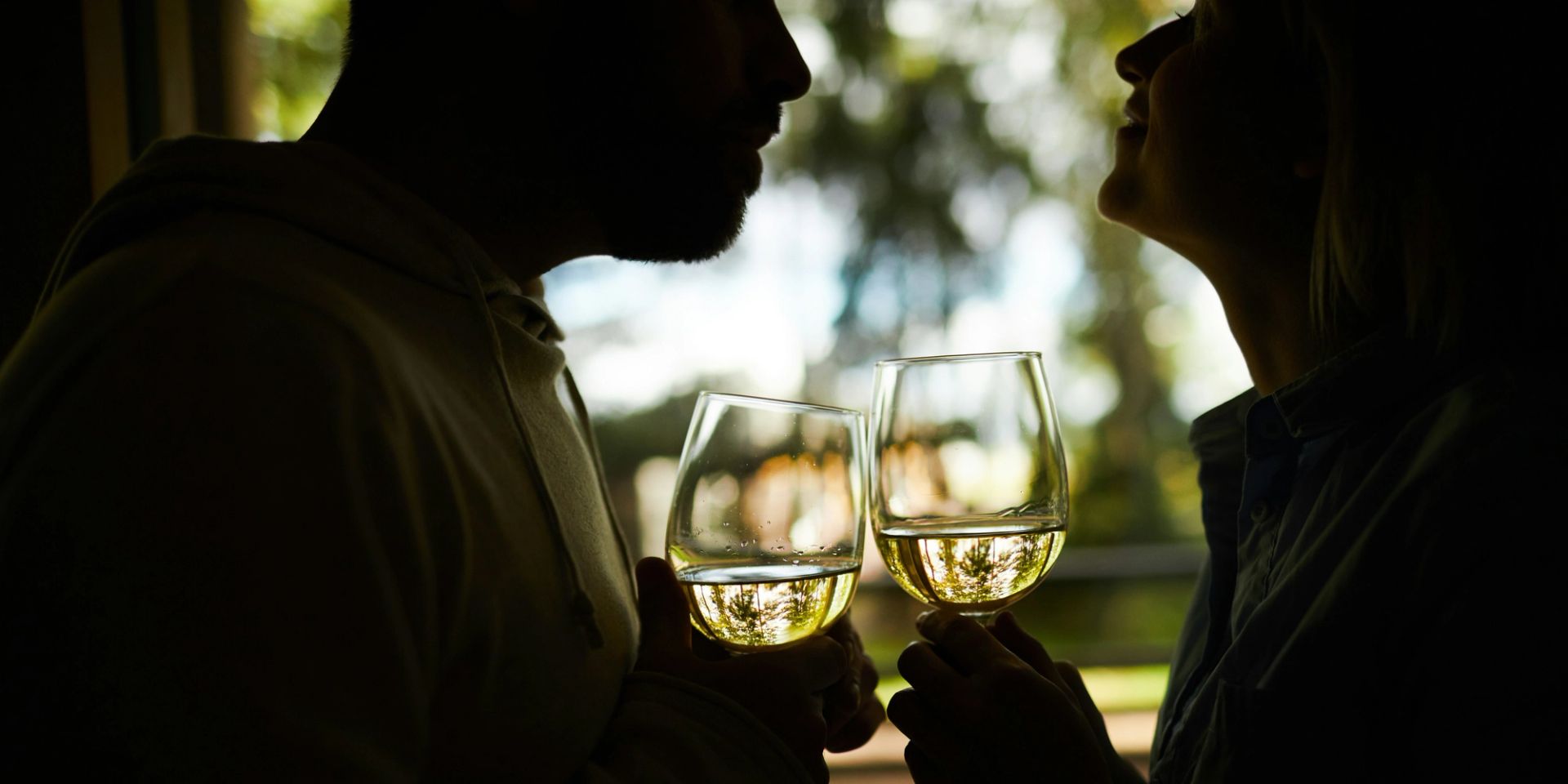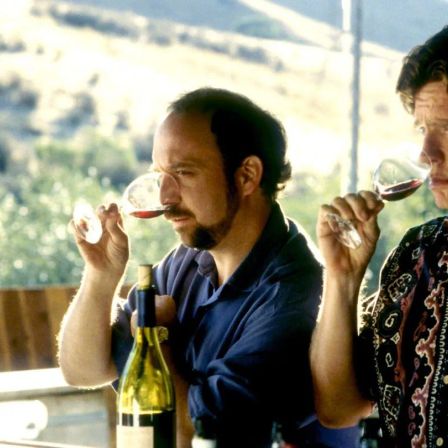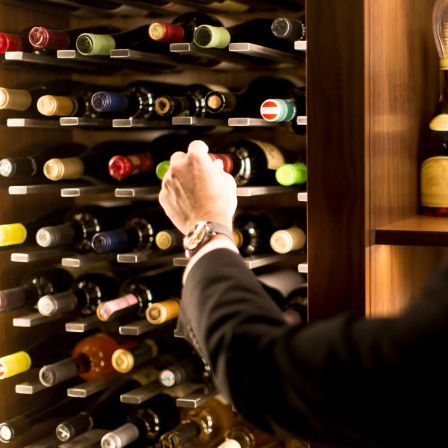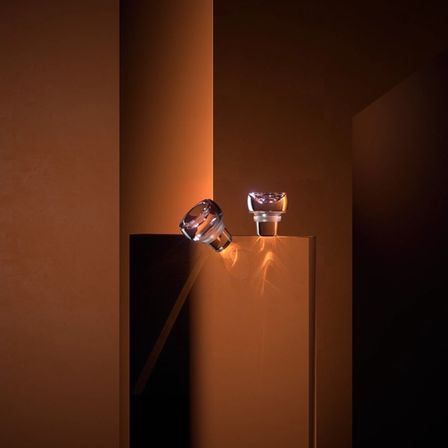- Opinion
Is Sauvignon Blanc dead?
Sauvignon Blanc has dominated for decades, but is fatigue finally setting in? And if so, which fresh white wines are ready to take its place?
- Words By Tom Gilbey

Sauvignon Blanc dead, you say? Well that wipes out some of the most classic, most delicious white wines in the world. It takes a sledgehammer to the central Loire — Sancerre, Pouilly Fumé, Menetou Salon et al. so can we please keep it?
Yes and no. Really, when I say that Sauvignon Blanc is dead, past-it, done-for, I’m talking about the oceans of branded Sauvignons on our supermarket shelves. Those from New Zealand, Chile, France. But largely from New Zealand.
The Kiwis have had one of the most remarkable successes in wine with their Sauv Blanc. I first visited Marlborough, top of the South Island, in 1991. There were an awful lot of sheep. Visit now and there are an awful lot of vines instead. And we, in the UK, account for most of them.
I was wheened on French wines until the Ausies came to the rescue and started labelling their wines in a manner that made sense. They put grape varieties on the label for pretty much the first time and so began the Chardonnay revolution. Big, oaky, ripe, fruity Chardonnay with a good dollop of residual sugar to make the medicine slip down. I lapped it up. Goodbye to battery acid Muscadet and hello to Lindemans bin 65 Chardonnay and all its friends — Rosemount, Jacobs Creek, Mitcheltons — all tasting pretty much the same and all slipping down like a greasy chip. Lovely.
And then it all ended. We got a bit sick of Aussie Chardonnay. Things became a bit ABC: Anything But Chardonnay. A snooty club where frightfully self-important winos would look down on anybody drinking a Chardonnay. ‘I’ll have a Chablis,’ they’d say, and wonder why those who really knew were chuckling (knowing that Chablis can only be made from Chardonnay, of course.) But I digress.
What also happened is that the Kiwis woke up and delivered us this spine tingling, energetic nectar that is Kiwi Sauvignon Blanc. More specifically, they gave us Marlborough Sauv Blanc. They knew they could do it. Cloudy Bay had paved the way in 1986. But now the likes of Hunters, Villa Maria, Esk Valley and their friends were attacking our shelves and winning. I fell in love with these wines as a student. Mango and passionfruit bombshells that knocked their subtle Sancerre counterparts into a cocked hat. As with the Australian Chardonnays, they gave us powerful fruit and plenty of it.
Fast forward to 2024 and the Kiwis have had a good run of it. They’ve held our interest, and our wallets, for a great deal longer than their heavily oaked Aussie Chardonnay predecessors. Their Sauvignon Blancs still take up a good proportion of any wine shelf in any supermarket or wine store, and they still sell well. But now they’re battling against a more knowledgeable punter and a plethora of similarly priced whites that are supremely delicious and a whole lot more subtle.
So is Sauvignon Blanc dead? No. It’ll take much more than a trend or a fad to kill off Sancerre and Pouilly Fumé and the less expensive wines labelled as Sauvignon Blanc that hail from all over the world and have an important part to play in all our wine journeys. The grape is crisp, fresh, dry and fruity. Who’s not going to like it? But at the same time, that we’re getting a bit bored of the standard Kiwi varieties and heading for wines telling a slightly different story. It’s probably about time. Below, I’ve listed my favourite alternatives to Sauvignon Blanc below. Pay nine pounds or more for a bottle of one of these and you’ll be very happy indeed.
Lugana from Lake Garda, Italy
Soave from Veneto, Italy
Grüner Veltliner from Austria
Albariño from Rias Baixas, Spain
Chenin Blanc from South Africa
Vinho Verde from Portugal
Come on in the Chablis lovely, Your new home of drinks.
Stay up to date with all the latest from House Of Decant.






